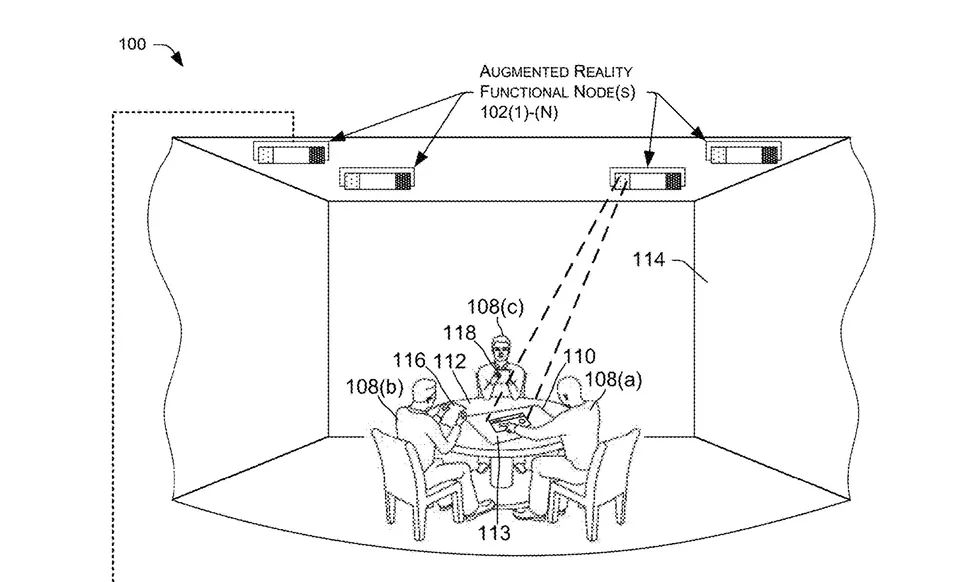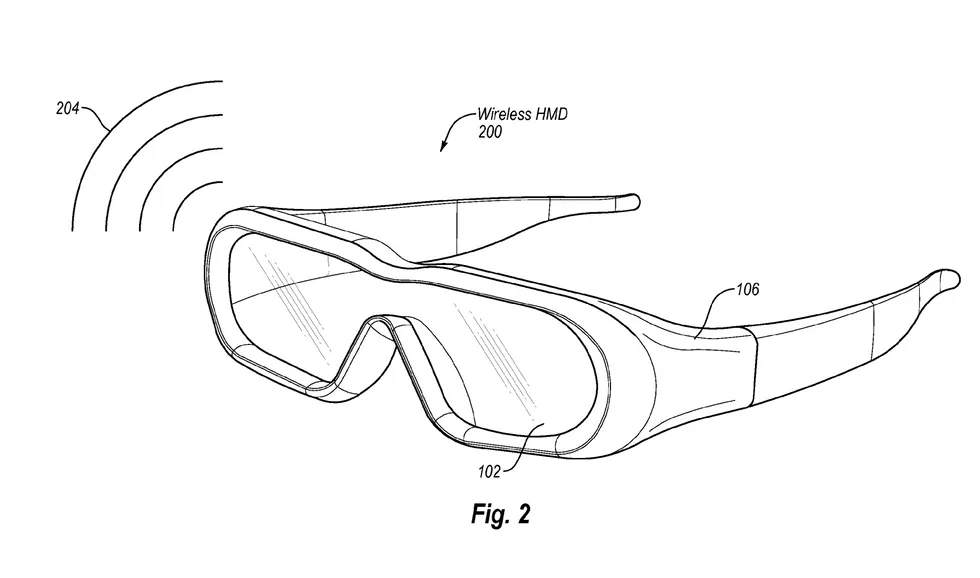Amazon is quietly developing a ‘new-to-world’ AR product

The company has in the past explored the idea of glasses-free AR.
The Day 1 building is seen at the Amazon.com Inc. headquarters on May 20, 2021 in Seattle, Washington
Janko Roettgers April 18, 2022

Amazon is looking to hire computer vision scientists, designers, program managers, product managers and more.
Add Amazon to the long list of companies looking to build a more immersive future: The ecommerce giant has been looking to hire a number of people for an unannounced AR/VR product in recent months. Among the roles Amazon is looking to fill are a wide variety of senior positions for computer vision scientists, designers, program managers, product managers, researchers and technologists, suggesting that the company is looking to build out a substantive team.
“You will develop an advanced XR research concept into a magical and useful new-to-world consumer product,” one of the job listings reads, using the industry shorthand for extended reality, which can encompass both AR and VR. Another job listing describes the initiative related to “XR/AR devices,” and states that eventual hires will be part of “a greenfield development effort” that will include “developing code for early prototypes through mass production.”
Amazon did not immediately respond to a request for comment.
Amazon is looking to hire a UX designer to work on “the core system interface along with end-user applications spanning from multi-modal interfaces to 3D AR entertainment experiences,” and suggest that applicants should have the ability to “think spatially, with 3D design experience in motion design, animation [and] AR/VR, games,” among other things. Applicants for a senior product manager position are told they should have “experience building deeply technical products, e.g. AI/ML, robotics, games.”
Unlike many of its industry compatriots, Amazon has been largely on the sidelines when it comes to AR and VR hardware. Google, Meta, Microsoft and Snap all have had a variety of devices in the market at one time or another, and Apple’s plans to develop its own AR glasses have been an open secret for some time.

Amazon does have its own smart glasses, dubbed Echo Frames, but that product does not currently have a visual component. The company did file for some patents for entertainment-focused video glasses almost a decade ago, but there’s no indication these efforts were pursued much further.
Interestingly, a number of the job listings describe the project as related to a “magical and useful, new-to-world XR consumer product,” suggesting it may be looking to establish a new product category. Others even describe it as a “a new-to-world smart-home product.”

Companies do frequently use boilerplate language in their job listings that gets only minimally tweaked for new roles, and at times purposely obfuscate their intentions behind overly broad language. However, Amazon did at one point pursue the idea of glasses-free AR based on devices that were to include both projectors as well as cameras and other sensors.
The company did file a number of patents related to this technology around a decade ago, with some of those filings depicting ceiling-mounted projectors capable of projecting images on tables, walls and other surfaces. A source familiar with those efforts told Protocol that they didn’t progress past the concept stage at the time, in part due to challenges with projection technologies.
Amazon did recently dive back into projection mapping with the Glow, which is billed as an interactive video chatting device for children. The company has more recently doubled down on exploring far-out ideas for future hardware products.
In March, it launched a new internal Futures Design group dedicated to “helping Amazon experience what it’s like to live in the future, today.” The group is being led by Kharis O’Connell, who previously worked as a designer for AR headset maker Meta View. More recently, O’Connell helped Google design its AR operating system.
Janko Roettgers (@jank0) is a senior reporter at Protocol, reporting on the shifting power dynamics between tech, media, and entertainment, including the impact of new technologies. Previously, Janko was Variety’s first-ever technology writer in San Francisco, where he covered big tech and emerging technologies. He has reported for Gigaom, Frankfurter Rundschau, Berliner Zeitung, and ORF, among others. He has written three books on consumer cord-cutting and online music and co-edited an anthology on internet subcultures. He lives with his family in Oakland.